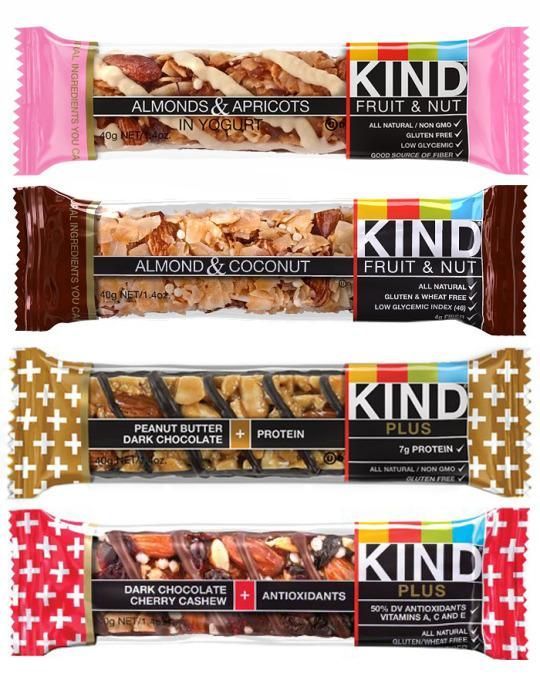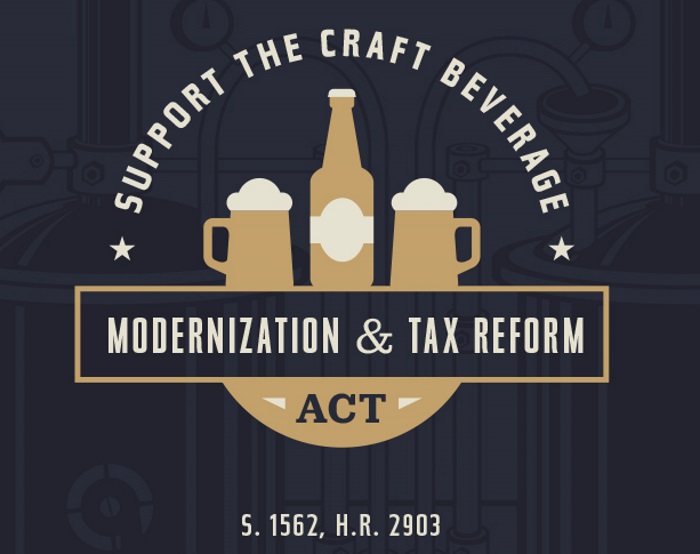In a previous article I discussed how important it is for food businesses to conduct an in-depth label review prior to launching new products. Specifically, I addressed the FDA Warning Letter issued to KIND LLC and pointed out how costly labeling mistakes can be, especially when the risk could have easily been mitigated. In their response to FDA, KIND agreed to correct most of the technical errors noted in the letter; however, when it comes to changing their view of what foods are allowed to label themselves as “healthy” they don’t agree with what they refer to as “outdated” regulations.
In a citizen petition letter (“Petition Letter”) sent to FDA last week, KIND’s general counsel, Justin Mervis, notes that under current regulations “whether or not a food can be labeled “healthy” is based on specific nutrient levels in the food rather than its overall nutrition quality.” KIND then goes on to claim that new scientific evidence no longer supports this view and that, accordingly, FDA amend 21 C.F.R. 101.65(d)(2) in regards to nutritional content claims so that manufacturers may use the term “healthy” without regard to the total fat or saturated fat, if the source of such fat comes from fruits, vegetables, nuts, seeds, legumes, whole grains or seafood, provided that “such foods are used in their whole form or have been processed in such a way that did not materially degrade their nutritional value.”
While the Petition Letter makes several other recommendations, the majority of the Petition Letter is devoted to the argument that there is a disconnect between the Dietary Guidelines and what claims manufacturers are permitted to state on their labels. KIND argues that manufacturers should be permitted to make claims on their products labels (e.g., “nuts are part of a healthy diet”) that are consistent with federal dietary recommendations and current scientific evidence. As such, KIND goes on to request the FDA “undertake rulemaking to define a “dietary guidance statement” as a statement in food labeling about the usefulness of a food, or a category of foods, in maintaining healthy dietary practices.” The requested rule would permit claims on food labels to communicate that certain foods are useful in creating a diet that is consistent with current dietary recommendations, so long as those claims are not misleading.
While it isn’t a secret that food regulations, in some part, have become “outdated”, what makes KIND’s petition interesting is it comes after being caught violating the same regulations they are petitioning to amend. The real question is whether KIND knew their product labels were non-compliant when released into the marketplace or did they make a business decision to move forward with non-compliant labels in order to promote their “healthy” marketing campaign. While the saying “it’s better to ask for forgiveness then to ask for permission” may apply in certain situations, it’s probably not the best strategy when it comes to breaking federal law.
The role of the general counsel is to advise executive leaders on the state of the law, how certain laws affect their business and to provide pertinent information and/or legal advice to such leaders so they have the ability to make informed decisions. The general counsel is not required to be an expert in the industry in which their client operates (although it certainly helps); however, they should know the limits of their expertise and, when appropriate, bring in outside assistance with such expertise. If they don’t know their limits, or can’t identify potential legal issues outside their expertise, then their departure should be swift. After all what good is legal counsel if leaders are not able to rely on their advice?
It isn’t clear whether KIND made the decision to market their products with non-compliant labels, but if they did the general counsel shouldn’t take the blame. However, it took KIND six months to file their Petition Letter which leads me to believe the labeling violations occurred not because of a strategic business decision, but due to the lack of regulatory expertise and oversight from the general counsel’s office. If my presumption is correct, investors should demand answers and push for changes in the executive suite. These violations have resulted in significant expense revising labels, advertising and websites, in addition to substantial legal fees incurred responding to the Warning Letter and submitting the Petition Letter, and most recently defending consumer lawsuits. While attorneys play a significant role in advising businesses, legal fees cannot be entirely avoided; however, they can be efficiently managed. It is up to KIND’s investors to decide whether their capital in this situation was well-spent.


